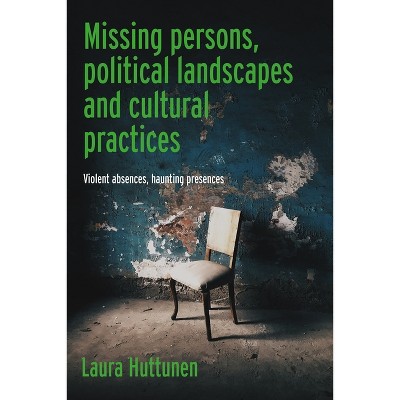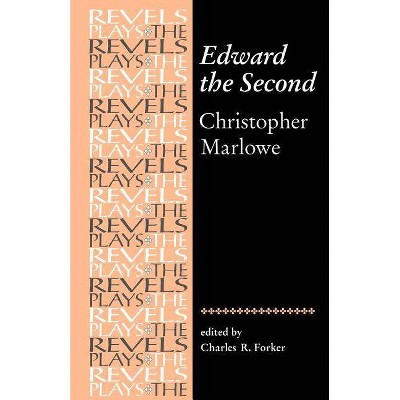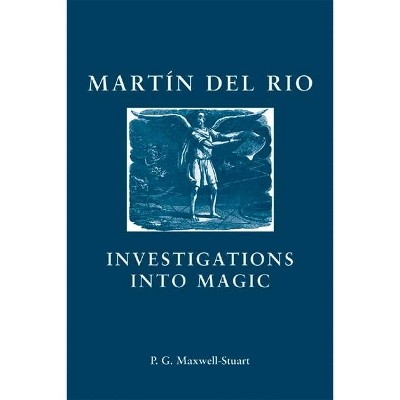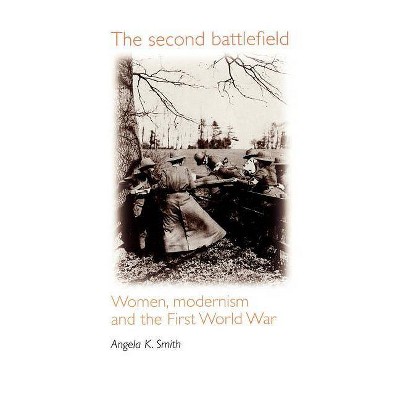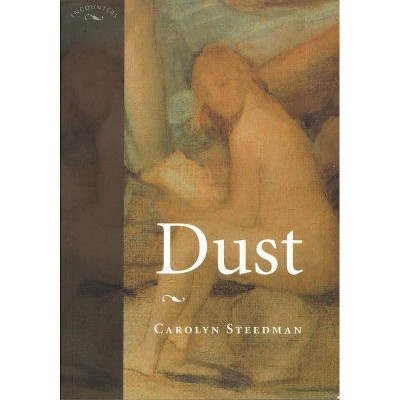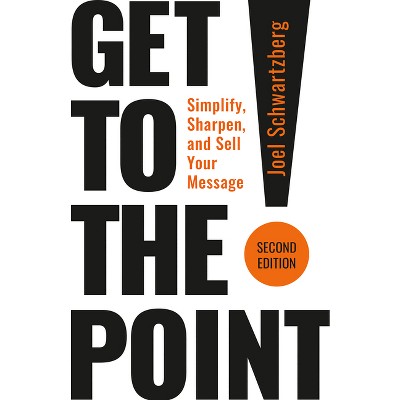Sponsored

Joining Up in the Second World War - (Cultural History of Modern War) by Joel Morley (Hardcover)
In Stock
Sponsored
About this item
Highlights
- This book connects the First and Second World Wars.
- About the Author: Joel Morley is an oral historian specialising in the cultural and social history of war and gender in twentieth-century Britain
- 312 Pages
- History, Europe
- Series Name: Cultural History of Modern War
Description
About the Book
Joining up explores men's encounters with representations of the First World War in interwar Britain, and illuminates how these informed their understandings of the First World War and how those understandings shaped their attitudes to Second World War enlistment and their conceptions of masculinity in wartime Britain.Book Synopsis
This book connects the First and Second World Wars. It uses oral histories and Mass Observation material to explore men's attitudes to Second World War enlistment and the relationship they perceived between military service and masculinity, and how these were influenced by understandings of the First World War. Locating the cultural legacy of First World War in the subjectivities of men who participated in the Second World War demonstrates the breadth of sources that informed men's understandings of the First World War in interwar Britain. Its cultural legacy was omnipresent and diverse, and informed young men's attitudes and service preferences, but it reinforced Edwardian conceptions of wartime masculinity as often as it undermined them. Two decades after the First World War ended, they remained resilient in the subjective understandings of men who grew up in the Great War's shadow.From the Back Cover
This book examines how the cultural legacy of the First World War affected young men's attitudes to service and subjective conceptions of wartime masculinity during the Second World War.Using original and archival oral histories and the Mass Observation Archive, it explores how young men in interwar Britain encountered and understood representations of the Great War in popular culture and day-to-day life.
Interactions with Great War veterans are shown to be more important than previously acknowledged. By demonstrating the breadth of representations through which the cultural memory of the Great War was transmitted and the diversity of young men's responses Joining up in the Second World War makes a significant intervention in the cultural history of the Great War. The book also adds new depth to understandings of military enlistment. It shows that British men had varied attitudes, and explores why. Most were reluctant servicemen, but a manpower system that gave men some agency over how they served increased compliance with conscription. Men's understandings of the Great War informed their attitudes and service preferences, commonly discouraging service in the Army. Nevertheless, some enthusiastically anticipated service, especially if they hoped to join the RAF. Men's subjective conceptions of wartime masculinity are shown to be diverse. Long-standing constructions of military masculinity were durable, and men's thoughts often diverged from the Temperate masculinity that dominated public discourse.
About the Author
Joel Morley is an oral historian specialising in the cultural and social history of war and gender in twentieth-century BritainShipping details
Return details
Trending Non-Fiction






